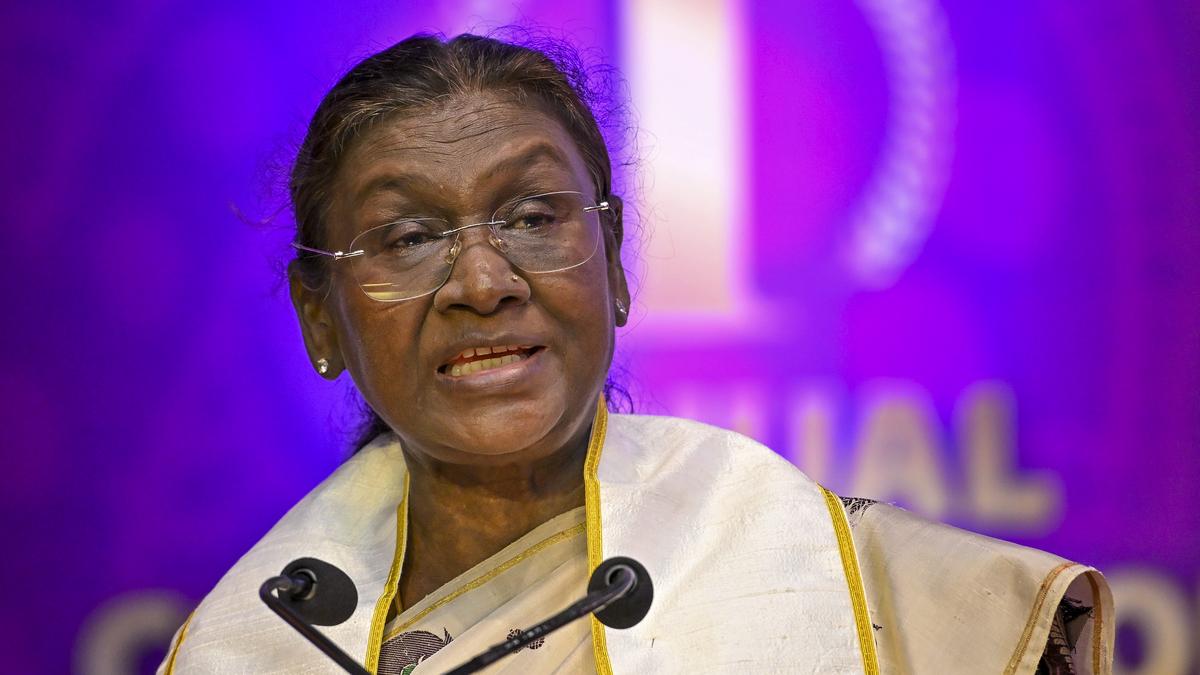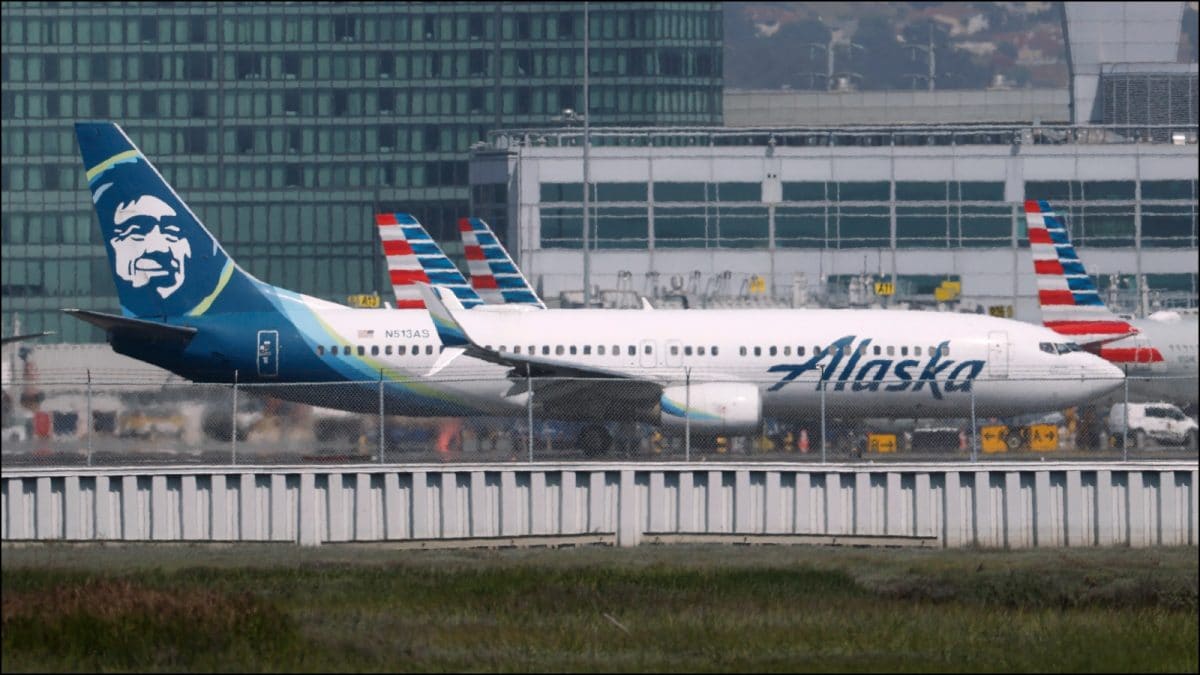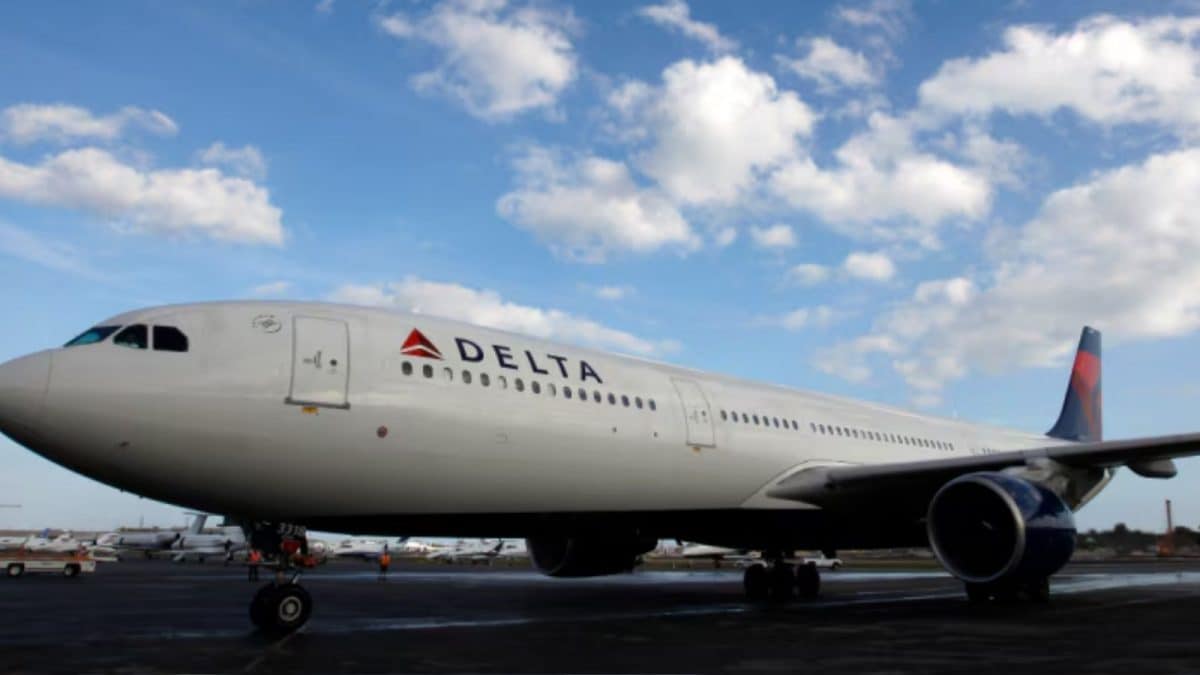ARTICLE AD BOX
The Supreme Court on Tuesday refused to intervene with the permission granted for clearing trees to dig a shaft for lowering a boring machine to construct a tunnel linking Goregaon and Mulund in Mumbai. However, it said that the permission will be subject to the project proponents submitting a plan for compensatory afforestation and a report by experts on the need to cut the trees.
“Environment has to be protected, but sustainable development also has to be permitted,” Chief Justice of India B R Gavai, presiding over a two-judge bench, said.
The Supreme Court then granted permission to the Maharashtra tree authority “to proceed further with the application of the project proponent seeking permission for felling of the trees”.
“However, we clarify that no trees shall be actually felled without the permission of this court. We direct the project proponents to place on record the report of the experts showing that no other alternative than felling of 95 trees for digging of the shaft is available. The project proponent will also place on record the plan for compensatory afforestation to compensate for the loss of trees that would be felled for digging the shaft,” the bench also comprising Justice Vinod Chandran said in its order.
Senior advocate Mukul Rohatgi, appearing for the project proponent, said the expert report is ready and will be submitted to the court. He pointed out that, as per the report, 11,000 trees will have to be planted as compensation.
While only 95 trees are planned to be cut in the first phase, the entire project would necessitate 1,094 trees to be cut.
“No doubt that the protection of environment is important, as has been consistently held by us that the resources are held in trust for the future generations. However, at the same time, the necessity for carrying out developmental activities cannot be ignored,” the bench said.
Story continues below this ad
“If the country has to progress, the development of infrastructure is also necessary. Unless a proper infrastructure is put in place, the country cannot progress. No doubt that while permitting such development, steps needs to be taken that least damage is caused to the environment. Further compensatory measures which has to compensate the loss caused to the environment have to be undertaken. It has already been insisted that the number of trees to be planted is in multiples of the trees felled. Taking into consideration this aspect of the matter, we are inclined to allow the application,” the bench added.
Appearing for activists opposing the tree felling, senior advocate Gopal Sankaranarayanan said the shaft area fell in the environmentally fragile Aarey colony, where a controversy had risen some years ago over the felling of trees for constructing a car shed for Phase 3 of the Mumbai Metro Line project.
He pointed out that in the course of the proceedings in the Aarey matter, the Supreme Court had on December 20, 2024, asked Maharashtra if there was any proposal to fell more trees in Aarey colony.
Pointing out that the proponent of the tunnel project had moved the tree authority much earlier than this, on March 4, 2024, Sankaranarayanan said that the state in its reply affidavit filed on January 8, 2025, said, “As per reports from MMRCL [Mumbai Metro Rail Corporation Ltd], at present there is no tree cutting proposal of MMRCL pending with the tree authority of the municipal corporation.”
Story continues below this ad
Countering this, Rohatgi said, “That was for Metro carshed project, nothing to do with the tunnel project.”
He added that the place where the shaft is to be dug is not in Aarey colony, but is a part of the Film City area. “This not part of Aarey colony. This is Film City… though it falls within Film City area, as a matter of abundant precaution, application was moved (before SC),” he said.
“This is literally death by a thousand cuts. Every three months, they will come with an application,” Sankaranarayan said.
To this, CJI Gavai said, “We also have a concern for the environment. See Coastal Road, how much it was opposed and how it has facilitated residents of Mumbai. A person can come from airport to South Mumbai within 30 to 35 minutes. Earlier, it used to take 1.5 hours. If one uses Atal Setu, one can go to South Mumbai from Vashi within 40 minutes. We have always advocated that environment has to be protected, but at the same time, sustainable development also has to be permitted.”



.png)
.png)
.png)

























 English (US) ·
English (US) ·